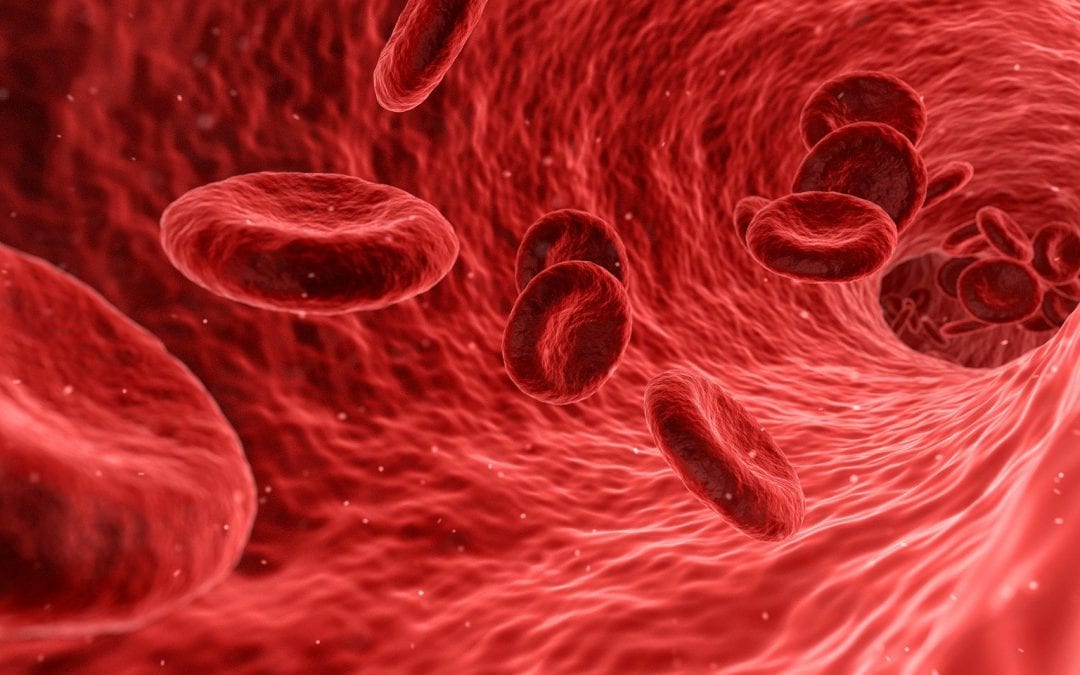A new systematic review1 looks at the short and long-term effects of alcohol consumption on the ability of an artery to widen when blood flow increases; also called flow-mediated dilation. This is an important measure because a decrease in this ability can cause cardiovascular problems such as hypertension and coronary artery disease. The authors conclude that light to moderate alcohol consumption may have minimal effects, but heavy alcohol consumption is associated with a decreased flow-mediated dilation.
What is already known? No previous systematic review has been done toward the effect of alcohol on flow -mediated dilation. But research shows a J-shaped relation between alcohol consumption and cardiovascular disease: moderate alcohol consumption decreases the risk compared to not drinking, but high alcohol consumption increases the risk.
What does this study add? This systematic review looks at the acute, short-term and long-term effects of different amounts of alcohol on flow-mediated dilation.
What is flow-mediated dilation?
Flow-mediated dilation (FMD) refers to dilation (widening) of an artery when blood flow increases in that artery. A lower FMD implies a higher risk of future cardiovascular problems, such as hypertension and coronary artery disease.
No acute effect of moderate consumption
There are 14 experiments that look at the acute effect of alcohol consumption on FMD. The amount that the participants consume during the experiments range from two to seven drinks (20 to 68 grams alcohol). After drinking, the scientists check whether the alcohol influenced the participant’s FMD within 30 minutes to several hours.
Results show that moderate alcohol consumption – up to three drinks – seem to have no effect on FMD. But higher alcohol consumption – 3 to 5 drinks – may decrease FMD, and thus have a negative effect.
Improved FMD for people with hyperlipidemia on the short-term
Only 6 experiments studied the short-term effect: the effects after two to four weeks. Moderate alcohol consumption (2-3 drinks per day) did not really influence FMD. But moderate levels of alcohol may improve FMD on the short-term for people consuming a high-fat diet or people with hyperlipidemia (who have abnormally high levels of fats in the blood).
Decreased FMD on the long-term
There are also 11 studies that look into the long-term effects of alcohol consumption on FMD. Results suggest that high levels of alcohol consumption – more than three to four drinks a day – for a longer time, are associated with a decreased FMD.
Strengths
- Systematic search
- Looking at acute, short-term and long-term effects
- Experiments included
- Study quality assessed
Limitations
- Results are limited to healthy, younger, and male individual

